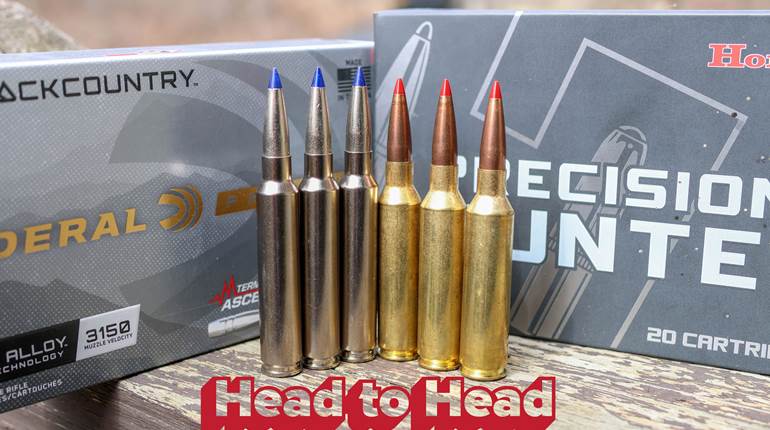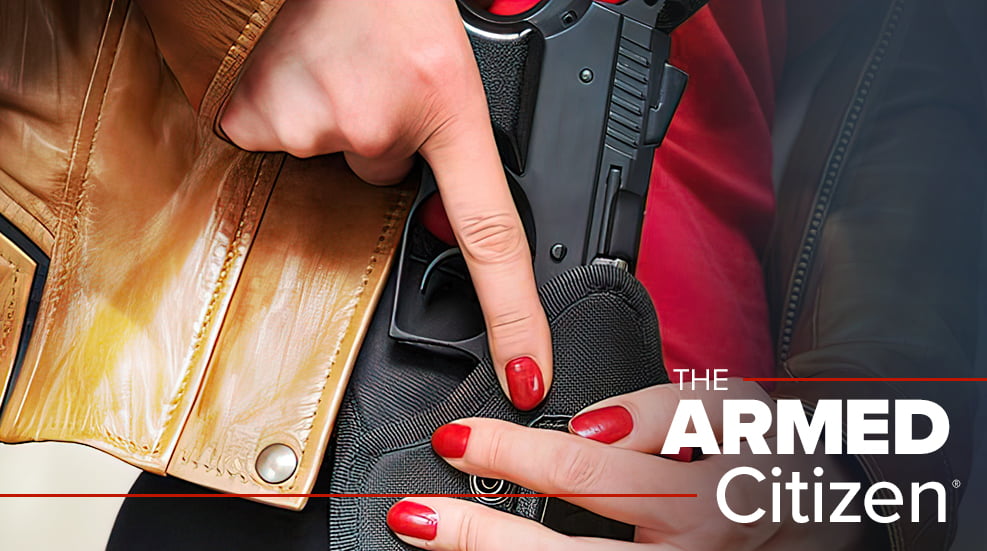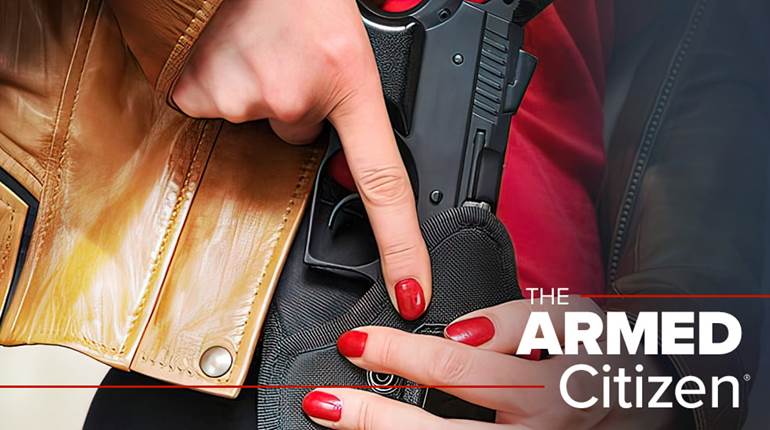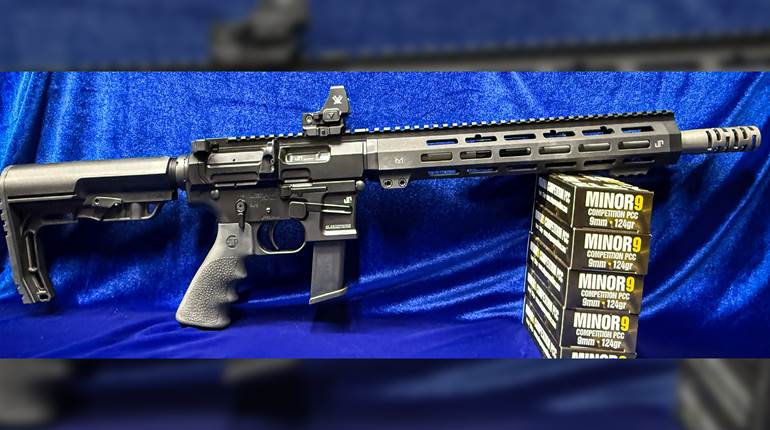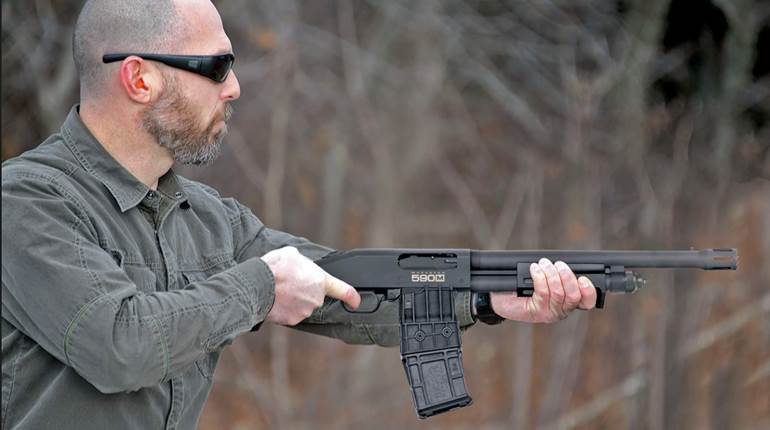
IWI tapped into the market for large-format pistols early on. The original Israeli Galil was choked out of the US market in the early 1990s due to import laws, but now IWI US is making an enhanced version of the Galil available in the form of the Galil ACE.
The Galil ACE is not merely a copy of the 1960s design. IWI took time to improve and update the original Yisrael Galil and Yaacov Lior design. The pistol-braced version reviewed here was definitely not contemplated by the two original designers either. The current Galil ACE can be traced back to the Galil, which in turn was inspired by the Finnish Valmet Rk62. The Valmet Rk62 itself is an improved AK derivative.

The Finns are a country of serious riflemen with a large, aggressive neighbor it has eyed warily for centuries: Russia. The Russian AK platform's rugged reliability and simplicity earned begrudging respect from the Finns. The Valmet Rk62 sought to maintain AK reliability while improving accuracy. This was accomplished with the use of a quality barrel, extended iron sight radius, higher-quality manufacturing techniques and tweaks to the gas tube.
Israel’s Galil followed the Valmet Rk62’s path after the Israeli Defense Forces found the FAL wanting in terms of size, recoil and reliability. The Galil, chambered in 5.56x45 mm NATO, was officially adopted by the IDF in 1972. However, the Galil immediately faced competition within the IDF from the large numbers of M16 and M4s acquired from the U.S. It made more fiscal sense to make use of the relatively inexpensive U.S. rifle versus exclusive reliance on the Galil.
The IWI Galil ACE is an improvement and modernization over the original Galil in several ways. The Galil’s reliability and performance has never been doubted. However, its nearly 10-lb. weight drew criticism from troops, especially when compared to the 6-lb. M4. The Galil ACE makes use of a polymer lower for the magazine well, trigger guard and pistol grip to reduce the weight. The upper receiver, containing the action and hinged folding stock trunnion, is milled from ordnance steel.
The railed fore-end on the Galil ACE is also made from high-strength polymer. The Galil ACE 7.62x39 mm pistol reviewed here features an 8.3” 1:9 right-hand twist, chrome-lined hammer-forged barrel with removal A2 style flash hider. Galil ACE .308 Win. and 5.56x45 mm NATO variants are also available. Overall length is 26.75” and 19.5” with brace folded to the right. The weight of the design has been shaved to 6 lbs.

Besides being put on a diet, the Galil ACE has its reciprocating charging handle moved to the left side of the receiver for easier support-hand manipulation. A spring-loaded gate on the left side minimizes the chance of dirt entering the action through the charging handle pathway. The original Galil had a distinctive vertical charging handle on the right side. The absence of right-side charging handle is facilitated on the Galil ACE by a metal recess in the bolt-carrier body’s right side.
This acts to further enhance reliability in harsh environments preventing dirt, mud, snow or ice jamming the bolt group while functioning. The AK design is taken to another level with the Galil ACE. It seemed only natural to feature a 7.62x39 mm Galil ACE pistol, especially considering the feed mechanism is an AK magazine. Any 7.62x39 mm rifle that does not use AK magazines are dead-on-arrival, in my opinion. This is for various reasons, both design and economical. Plus, to ignore the plethora of reliable and economical AK magazines available to the consumer is foolhardy.

One of the less-appreciated aspects of the Kalashnikov’s original AK design is how the front of the magazine is hooked into place and kept steady behind a wide feed ramp, giving the bullet nose and case a smooth path to the chamber. The Galil ACE pistol comes with a Magpul AK magazine.
AK magazines are not made to a tight “standard” pattern, dimensionally speaking. Numerous AK magazines were evaluated with the IWI USA Galil ACE. This consisted of Magpul, Tapco, Bulgarian (smooth and waffle) and IO Inc., as well as multiple surplus steel magazines; even drum magazines were tested.
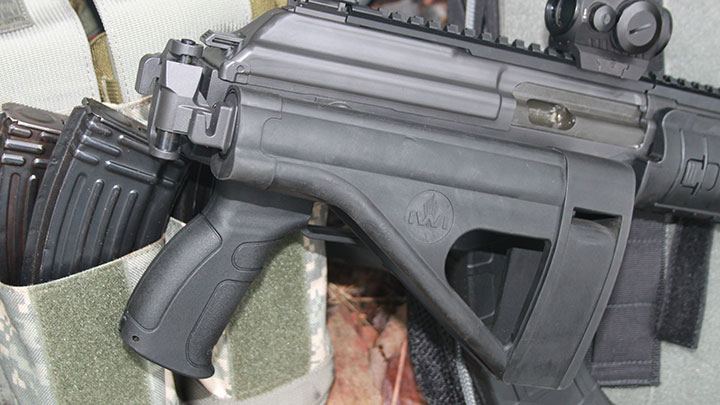
Bulgarian “waffle” and drum magazines were the only “no-go” magazines with the Galil ACE. Other enhancements to the Galil ACE consist of full-length, two-piece metal Picatinny top rail along the upper receiver and gas tube for mounting optics. IWI US has accentuated previous Galil designs by securing the top cover tightly to the receiver via an oversized release button at the end of the recoil spring protruding out of the top cover. A rubber gasket is also included.
This ensures the rear-aperture iron sight stays zeroed, as well as other optics that may be mounted. The top cover exhibits no wiggle. In fact, removing and reinstalling takes some effort, but is worth it considering the advantage gained. Following this theme, the Galil’s gas tube is dovetailed into the receiver’s front block. This limits any movement of the gas block that can influence barrel vibration and thus degrade rifle accuracy. A recoil buffer is also present on the recoil spring.

This serves multiple roles: cushion impact of recoiling parts, easing wear on the rear trunnion and taming of vibrations to improve accuracy potential. All of these details related to the top cover and gas tube differ from the original AK method. A
large-format pistol like the Galil ACE is a perfect candidate for a red dot. A SIG Sauer Romeo 5 red dot was mounted as close as possible to the receiver. Independence from set eye-relief requirements is one of the red dot's major advantages. This is borne out when working in tight confines or awkward firing positions to maximize cover, along with not being able to shoulder your firearm like we are used to with a rifle. Keep both eyes open, and if you see the red dot on target, pull the trigger. The adjustable intensity of the SIG Sauer Romeo 5 red dot sight allows you to tune the 2 m.o.a. dot reticle as needed either in low light or bright conditions.

A further nod to current firearm trends is the Picatinny polymer tri-rail forearm found on the Galil ACE. Slide-on rail covers are included. The rail covers allow for pressure-switch access for lights or lasers. The Galil ACE pistol comes with a right-side folding brace. IWI's attention-to-detail is clear after seeing the ability to easily remove the rear aperture sight if an eye-relief-dependent optic is utilized, avoiding the necessity to mount the optic uncomfortably high for clearance.
Another nice touch is the tritium vials installed in the front post and rear aperture sights for low-light use. One note here is that orientation of the front sight requires some attention when adjusting, as a further half turn may be needed to keep the tritium vial focused rearward. The Galil ACE comes equipped with the trigger type used in the Galil sniper rifle. This is a nice upgrade offering a 5 lbs. pull after an initial take-up. A centrally located magazine release reinforces ambidextrous functionality.

Multiple 7.62x39 mm loads were tested such as Hornady, Wolf, and Red Army Standard. Wolf and Red Army Standard steel-cased FMJ loads hovered in the 3” to 3.5” range at 100 yds. The Hornady 123 grn. SST loads delivered 2” groups at 100 yds. A SIG Sauer Juliet 4 magnifier was installed during accuracy testing.
It must be said that the 7.62x39 mm round experiences only marginal velocity loss from shorter barrels when compared to a full-length 16” barrel, thus making it an excellent choice for short, braced pistols. For example, a 7.62x39 mm loads that reach 2,340 f.p.s. out of a 16” barrel still reach 2,110 f.p.s. from the Galil pistol’s 8.3” barrel.

Western cartridges such as the 5.56x45 mm NATO and .308 Win. operate under different ballistic parameters more dependent on barrel length for velocity, due to higher cartridge pressures and powder burn rate. Range tests consisted of moving around barricades and simulated cover while engaging an assortment of paper and steel targets, including automobiles located at Echo Valley Training Center. One immediate positive comment was the ambidextrous safety lever found on the Galil ACE pistol.
The right-side safety lever has been reduced in size as it is no longer required to act as dust cover. The right-side safety lever is accessed via the right index finger or removing your hand from the pistol grip and using multiple fingers. On the left side, just above the pistol grip, there is another safe/fire selector meant to be operated by the shooter’s thumb. This was found to the favored method of use in terms of ergonomics.
Magazines do not drop free, and there is no last-round hold-open provision with the Galil ACE. This comes to no surprise, considering its AK heritage. Some might argue that there is little defensive value in a large-format pistol such as the Galil ACE pistol with stabilizing brace, and that a full-size rifle or standard handgun is better. However, it's hard to deny that having a compact package like the ACE offers while retaining the performance of a rifle cartridge is alluring.
Several hundred rounds were fired through the Galil ACE pistol for this article. After initial inspection and light lubrication, no cleaning was performed. Zero issues were encountered during this time.

Special focus was paid to testing iron sight and optic zero by removing and reinstalling the top cover numerous times between evaluation scenarios. Red dot and iron sight zeros stayed put. The initial concern was raised about heat transfer to the railed polymer fore-end. This proved a non-issue, thanks to the effective heat shields and spacing between the barrel, gas block and fore-end. In fact, even after multiple rapid-fire magazine dumps, the fore-end was safe to hold with a non-gloved hand.
Anyone looking for a hard-hitting platform in a small package will certainly appreciate the Galil ACE pistol. The functionality of a .30-caliber firearm utilizing AK-47 magazines while incorporating a proven gas-piston operating rod system is hard to deny. Thus, no matter the situation one may find oneself in, whether engaging targets at longer or shorter distances, the IWI US Galil ACE pistol can fit the bill.














